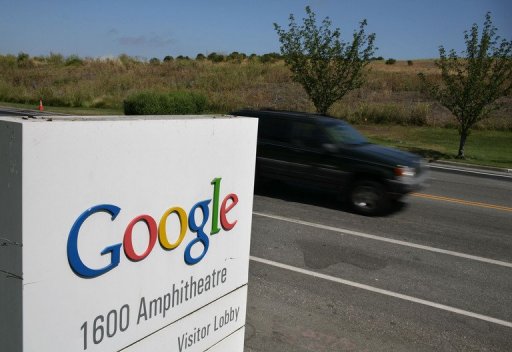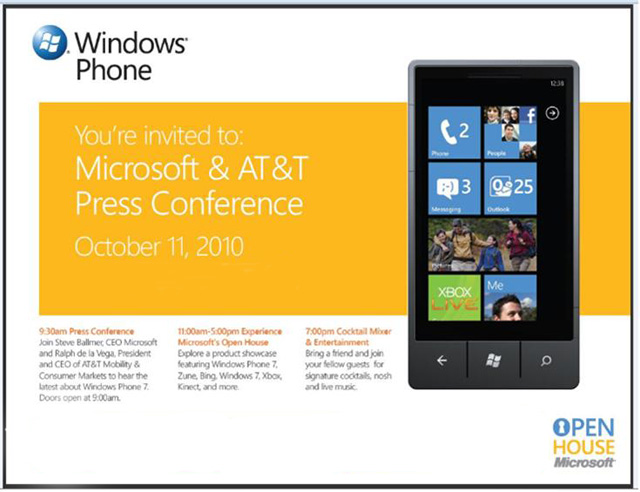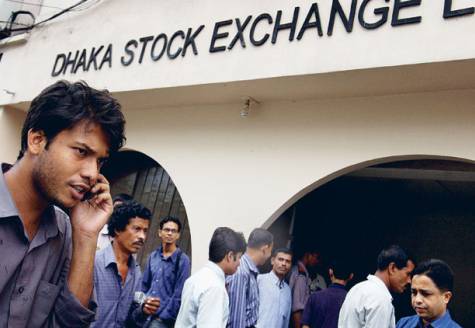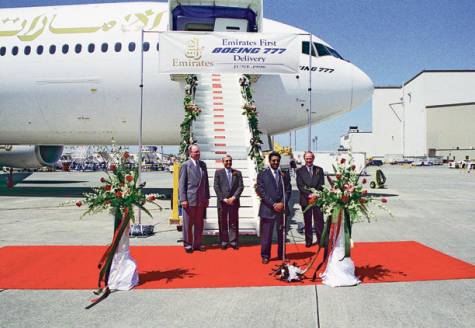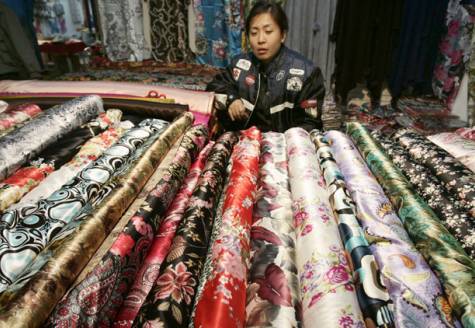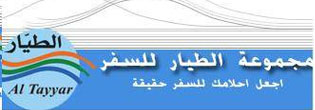Business & Finance Club - Dubai: The UAE and China are likely to strengthen their trade relationship in the coming years further, a recent study by the Dubai Chamber of Commerce and Industry has revealed.
According to the study, trade between the two countries in the last decade (1999 to 2009) reached $119.4 billion (Dh438.4 billion). The UAE has benefited from its strategic location, its cost and market advantages as well as from its status as an international business hub between the Western and Eastern markets, the study says.
Trade in 2009 was about $21.1 billion, according to official figures from the Chinese embassy in the UAE.
Compared with China's total trade with the GCC, the UAE has a big share. Trade between the GCC and China stood at about $70 billion in 2009. According to some estimates, it will reach $350 billion to $500 billion by 2020.
The analysis pointed out that trade has mostly centred on base metals and related materials exported by the UAE and cheap Chinese goods coming into the UAE. But trade also comprises a large array of other goods and services.
The UAE has built a new Silk Road, positioning itself as the favourite destination of Chinese exports and China's second key trade partner in the Middle East, UAE Ambassador to China, Omar Al Bitar, said at a reception at the Shanghai World Expo last month.
China's imports
"The UAE is hosting the largest number of Chinese community and companies in the Middle East," Al Bitar said.
The majority of China's oil imports from the Middle East originate in the GCC and Iran. But oil is not the sole important trade commodity, as the region is also a major aluminium and phosphates producer. Some predict that the GCC will account for 18 per cent of the world's output of aluminium by 2015. GCC members are collectively working to diversify their economies away from oil exports.
Considering that the smelting process required to produce aluminium is oil intensive, the GCC is well-positioned to broaden its capacity to produce aluminium to meet the rising demand in China and other parts of Asia.
In addition, the GCC is also keen to expand its stake in another oil-intensive sector, the global plastics conversion market. With an eye on tapping markets in China and elsewhere in Asia, the GCC is expected to account for up to 11 per cent of the plastics conversion market in the coming years, an increase from its current market share of two per cent. China is the world's largest importer of converted plastics.
Concerning the UAE, the Dubai Chamber study points out that the UAE's exports to China have been mainly focused on mineral products, chemicals and allied industries, plastics and rubber products as well as base metals.
In terms of imports, the UAE has received goods and services from China ranging from textiles to machinery and mechanical appliances, base metals and plastics and rubber products.
In detail, the bulk of imports comprised construction materials such as bricks and dressed stone, hardware supplies and heavy machinery and related parts and accessories, according to data released by the Commercial Office of the Chinese Consulate in Dubai.
Other popular imports include tyres and other rubber products as well as machine tools. Smaller metal products such as domestic kitchenware and white goods are also on the list.
However, the UAE has run a trade deficit with China in the past years as imports far exceeded exports and both grew at a similar rate.
Exports grew at an average of 37.9 per cent between 1999 and 2009. Imports grew at a similar rate of 31.1 per cent during the same period.
The UAE is making efforts to increase the number of Chinese businesses and merchants in the seven emirates.
At present, there are about 2,500 Chinese companies in the country, mostly in Dubai and Sharjah. The business scope ranges from basic trading to construction and the electro-mechanical sector.
Dragon Mart
The largest Chinese-themed trade complex at the moment is Dubai's Dragon Mart in International City. Dragon Mart was established as a gateway for Chinese products in the Middle Eastern and North African markets, offering Chinese traders and manufacturers a platform from which to cater to the needs of this sizeable market.
Inaugurated in 2004, the 1.2 kilometre-long Dragon Mart is the largest trading centre for Chinese products outside mainland China. It has 3,950 shops engaged in the wholesale and retail sale of Chinese products including home appliances, stationery, office appliances, communication and acoustic equipment, lamps, household items, building materials, furniture, toys, machinery, garments, textiles, footwear and general merchandise.
The development also comprises eight fully equipped warehouses only 200 metres from the main complex, offering 30,000 square metres of warehousing for its traders.
"Our aim is to facilitate the trading process. By bringing our companies closer to our global markets, by removing middlemen and by reducing time and travel factors, we hope that this will translate into significant savings for our business partners and make trading with China a pleasure," said Hao Feng, chairman of Chinamex International Investments, the world's largest trading platform for Chinese manufactured goods.
The newest addition to Chinese trade is the recently opened Chinamall in Ajman. Operated by the Gulf Chinese Trading Corp, the 100,000 square metre complex is home to about 600 Chinese companies, which launched at reasonable rental rates. Total investment in the Chinamall was Dh200 million, according to Adnan Dahnous, director of Gulf Chinese Trading Corp.
In the construction sector, China has a strong presence. The largest contractor, China State Construction, is involved in many developments. It cooperates with Dubai's large development entities such as Dubai World and Dubai Properties in hotel, office, residential and leisure projects, among them Meydan, Palm Jumeirah and others. Some Chinese companies are building high-rises along Shaikh Zayed Road.
The General Director of the Foreign Trade Ministry, Abdullah Ahmad Al Saleh, said in a statement at the first China-Arab States Economic and Trade Forum held recently in Ningxia, China, that "the advanced trade relations between the UAE and China reflect the huge potential for partnership between China and the Arab states."
He noted that China is the second biggest trade partner of the UAE behind India and that the UAE is contributing with approximately 650 investment projects in China.
Currency trade
A further step to intensify the trade ties was undertaken by establishing new currency trade facilities by HSBC and Standard Chartered.
The banks are offering cross border trade settlements in the Chinese yuan and Gulf currencies. Such payments between regional currencies and the Chinese yuan will accelerate and enhance the commercial links between the Middle East and China, says Simon Vaughan Johnson, Regional Head of Commercial Banking, HSBC Middle East and North Africa.
Previously, settlement in yuan for cross border trades was only permitted between five pilot cities in mainland China, Hong Kong, Macau and the member countries of the Association of Southeast Asian Nations.
Last June the People's Bank of China, China's central bank, opened the programme to a further 20 provinces as well as countries around the world, and in August HSBC China became one of the first foreign banks to have completed yuan trade settlement transactions at its eligible branches located in the 20 designated provinces.
"Businesses in the Middle East view China as one of the most important growth markets for trade in the next six months," Johnson said.
"The ability to settle trade and other international payments in yuan provides clients with more flexibility when determining payment terms with their supplier base in China thus creating the potential to open up new opportunities for expansion into Asia. This increased flexibility is likely to result in further trade between the two regions."


